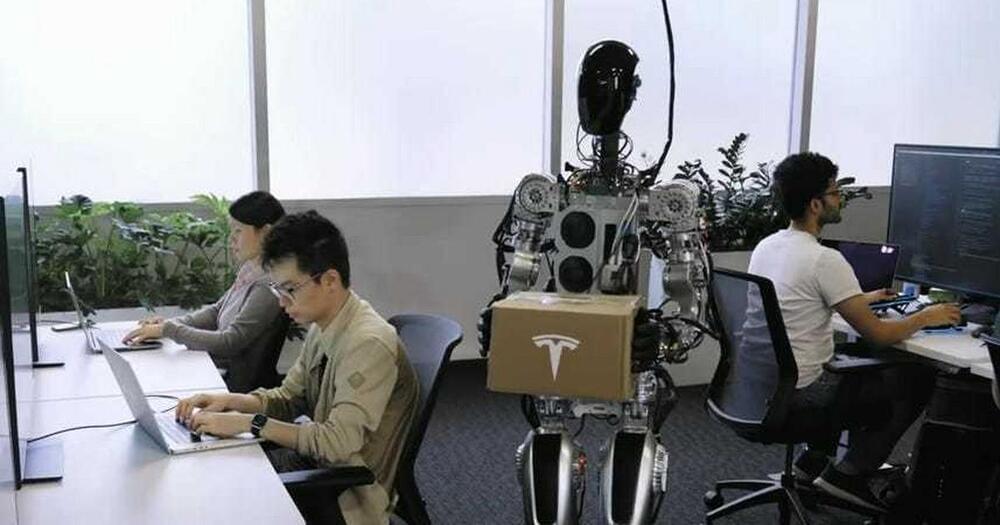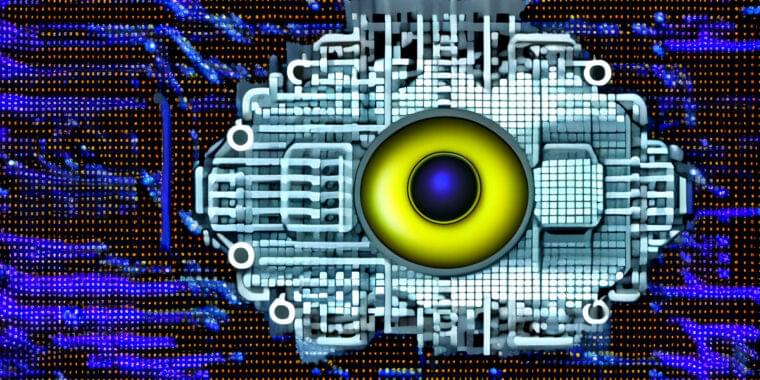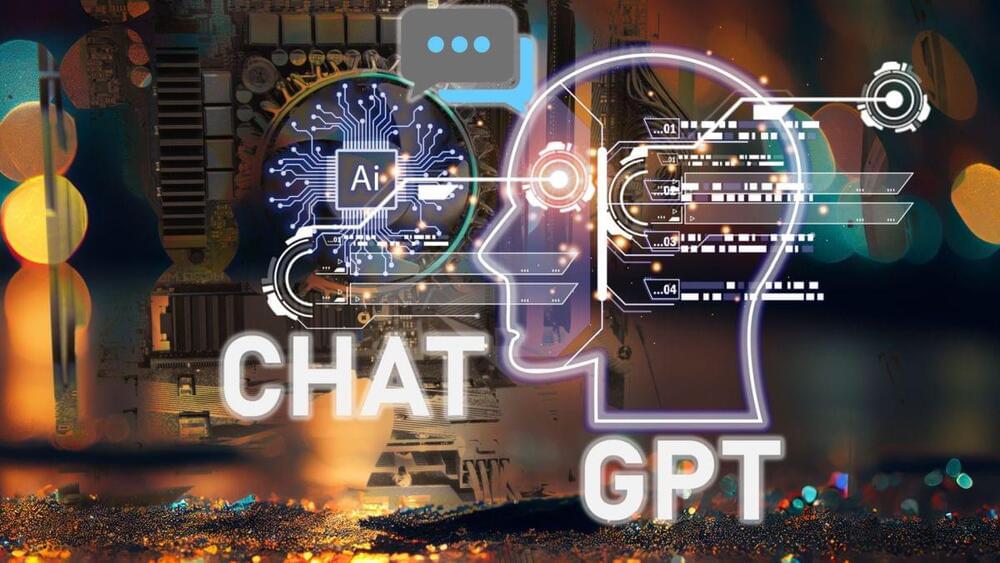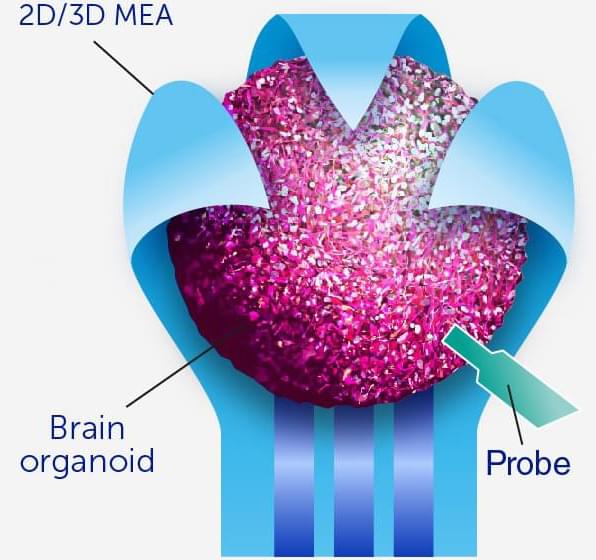“You could sort of see a home use for robots, certainly industrial uses for robots, humanoid robots,” he said.
Musk’s musings about AI came during Tesla’s first-ever Investor Day presentation, which was held at the carmaker’s Austin, Texas, Gigafactory.
During the presentation, Musk showed an updated video of the company’s “Optimus” robot prototype, which Musk said he aims to use in Tesla factories and sell to the public.





